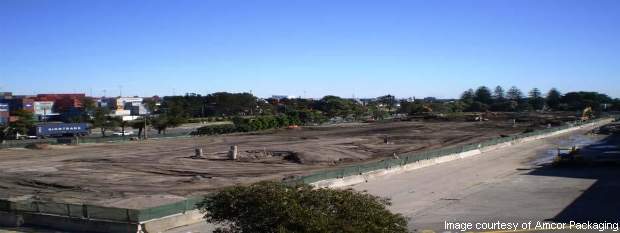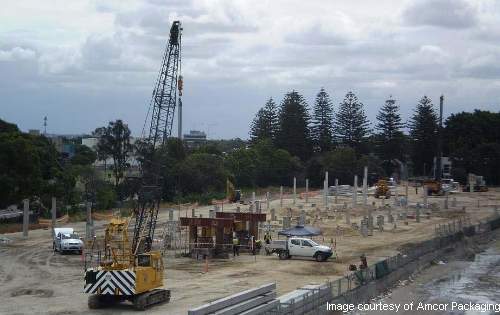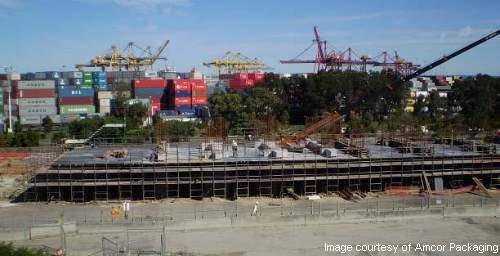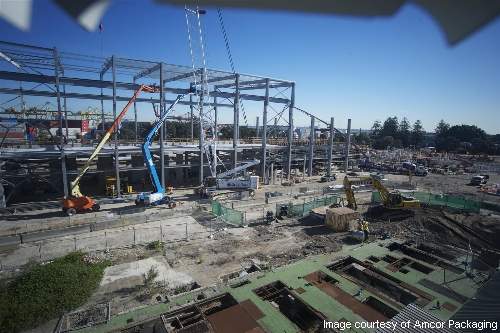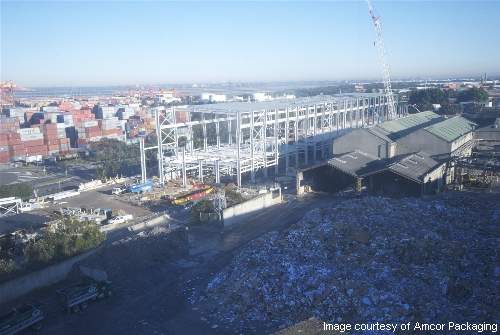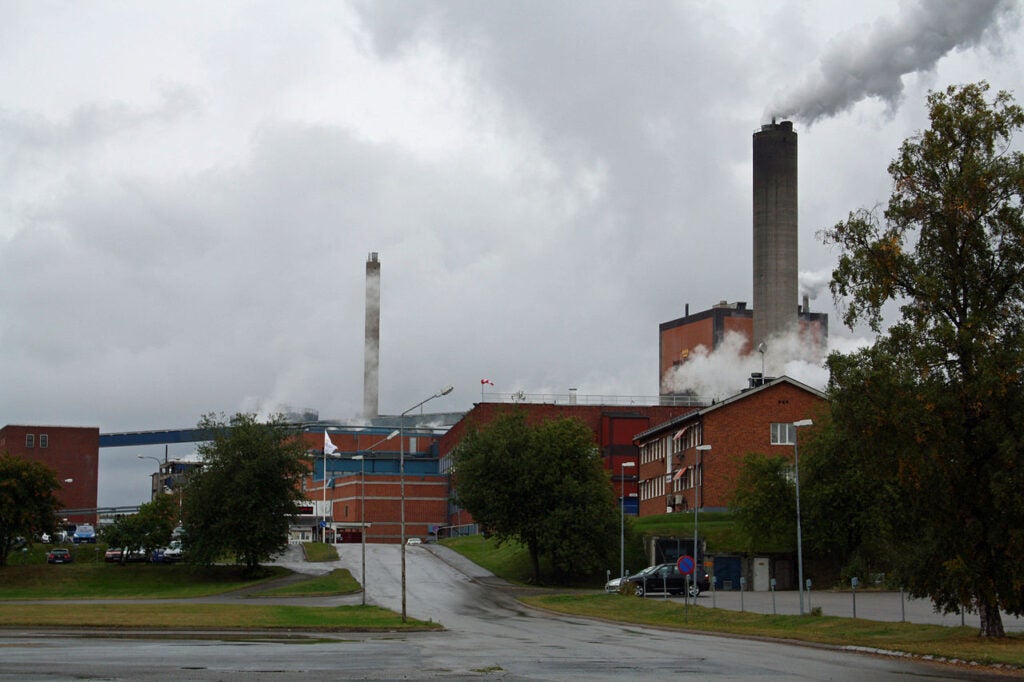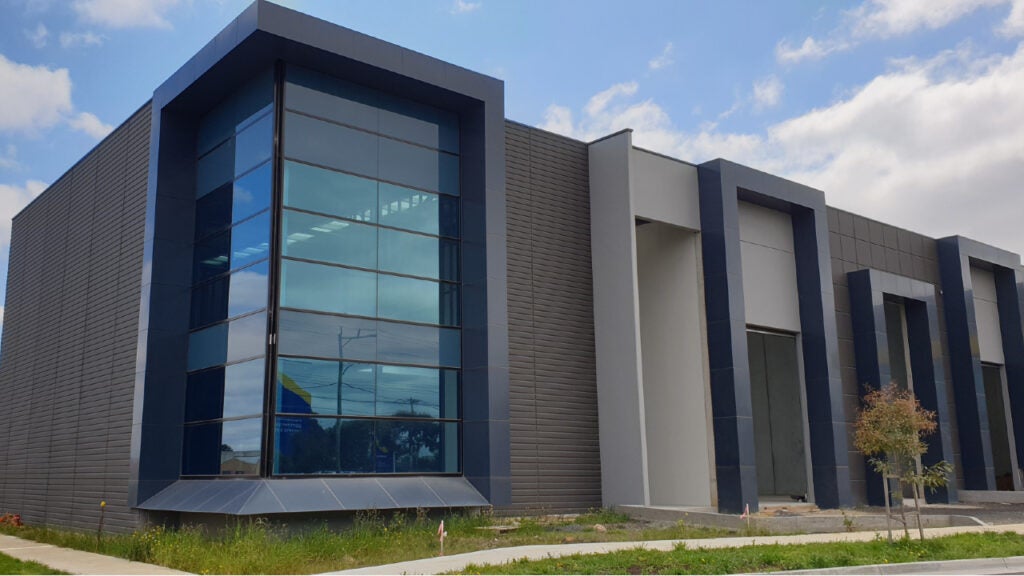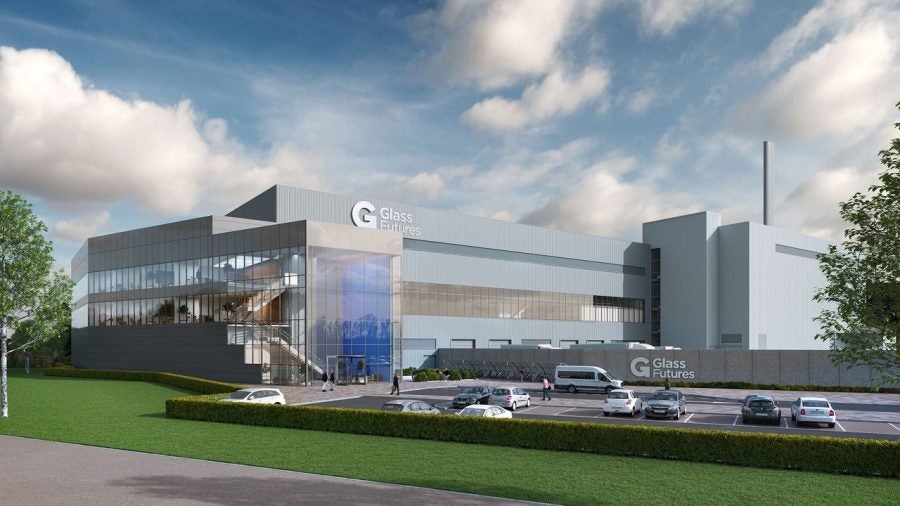Amcor Packaging (Amcor) opened a new paper mill in February 2013 at their botany site, located 11km away from the Central Business District of Sydney in New South Wales.
Named B9, the new paper mill produces paper-based packaging products ranging between 80gsm and 200gsm from 100% recycled, high quality paper generated from the waste collected throughout Sydney.
Constructed with an investment of more than $500m, B9 represents the single biggest investment made by Amcor.
The mill became operational in the first quarter of 2013.
B9 was constructed on vacant land adjacent to existing paper mills seven and eight on Botany Road.
The land is located in the southwest corner of McCauley and Botany streets. The two existing mills were demolished after the new mill became operational.
B9 added a production capacity of 400,000tpa (tons per annum) to Amcor’s existing paper-based packaging capacity. It also replaced the Fairfield plant in Sydney.
Mills seven and eight continued to operate and produce 250,000t of paper a year until the B9 mill became operational.
Benefits to Amcor
B9 is specifically designed to minimise environmental impact such as noise, odour and water discharges and generate savings in power and water.
The new mill mainly uses recycled or bore water for production. It requires minimal usage of town water for backup purposes. It is expected to reduce water usage by 26%, which saves 660 mega litres of water a year for Melbourne and 250 mega litres of water a year for Sydney.
In addition, the mill reduces energy usage and landfill waste by 34% and 75%, respectively.
Equipment installed at the B9 paper mill
The Botany Paper Mill houses a complete container-board line equipped with two gap former units, a closed draw double nip press section and a film size press.
Botany B9 paper mill construction
The project, approved in July 2007, was officially announced by Amcor in February 2008. It was originally scheduled for commissioning in 2010, but was delayed following a merger with Carter Holt Harvey in March 2009 and unfavourable market conditions. The merger decision, however, could not be materialised due to difference of opinion in the asset valuation between the two companies.
The construction of B9 was carried out in stages to allow uninterrupted operation of the existing paper mills.
Stage one involved the construction of an electrical substation and tanks. Buildings and service infrastructure adjacent to McCauley and Botany streets were demolished in stages two and three, respectively.
Stage four witnessed modifications and extensions to the waste paper mill.
Earth and civil works and actual construction of the new mill were carried out in stages five and six. The final stage, seven, included demolition of the existing mills and other minor construction works.
Demolition work relating to stages two and three commenced in 2007. Stage two demolition works resulted in 8,000t of concrete waste, of which 99% was recycled. Third stage demolition activities created 1,700t of brick and concrete waste, of which 86% was recycled.
Underground electric cable laying work was carried out parallel to the demolition works.
Contractors
Installation of underground cables along the existing easement was carried out by EnergyAustralia.
Amcor awarded the design and construction contract of B9 to Leighton Contractors in January 2011. Valued at A$110m, the contract included the design and construction of the paper machine building, storage facilities, mill offices, control room and other associated works.
Metso supplied the complete container-board line under the main order received from Amcor in 2008. Another order for the container-board line was placed with Metso in February 2011. Metso was also responsible for the installation, automation, commissioning and start-up services including training personnel.
Financing the new paper mill
Amcor planned to sell its 16ha Fairfield site and half of the 20ha Botany site to fund construction of the new paper mill. The company was expecting $150m from the sale of the Fairfield plant in 2010.
It, however, withdrew the sale from the market in 2011 because of poor real estate prices. It sold the Fairfield site in 2013 after B9 became operational.

